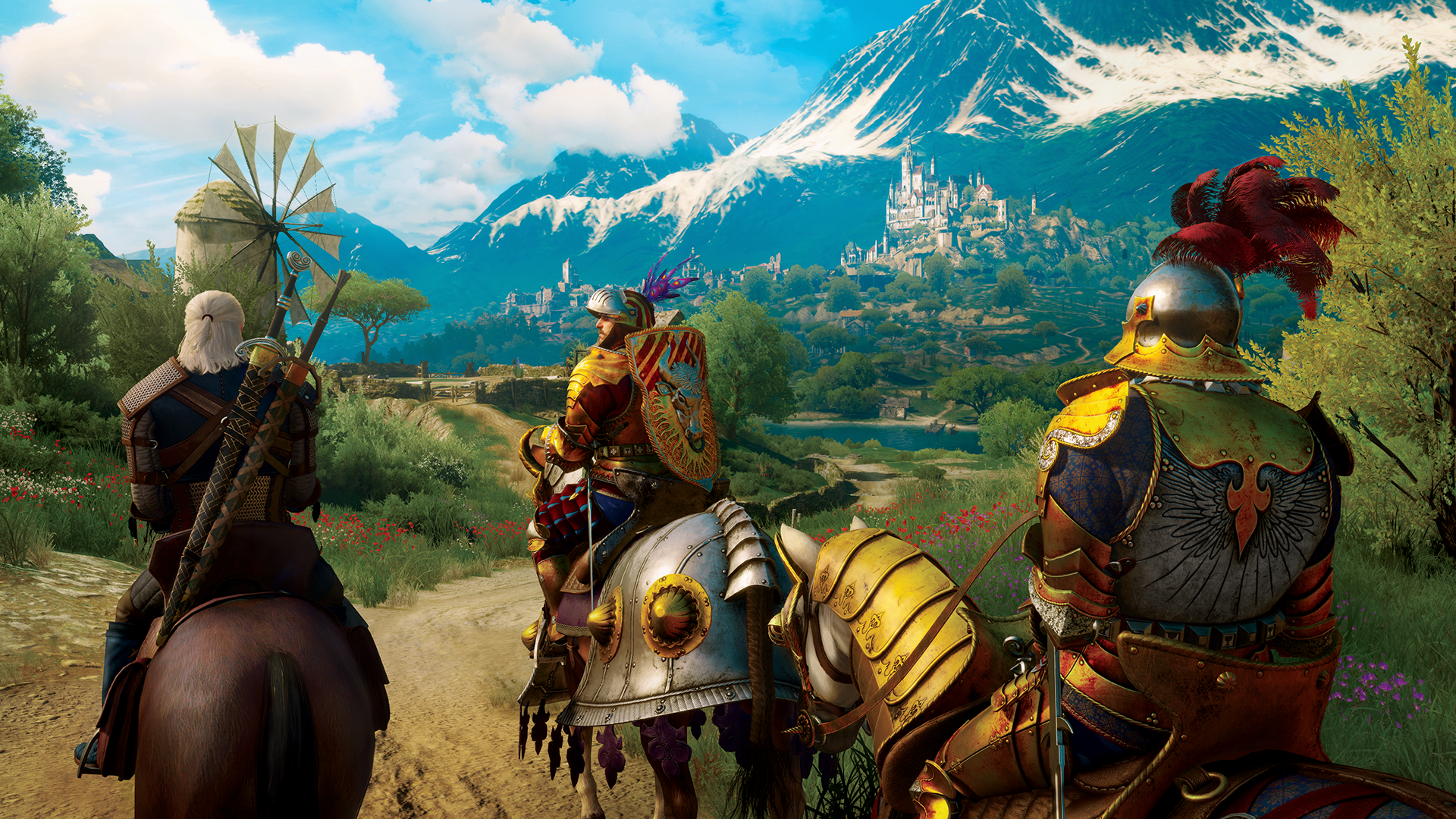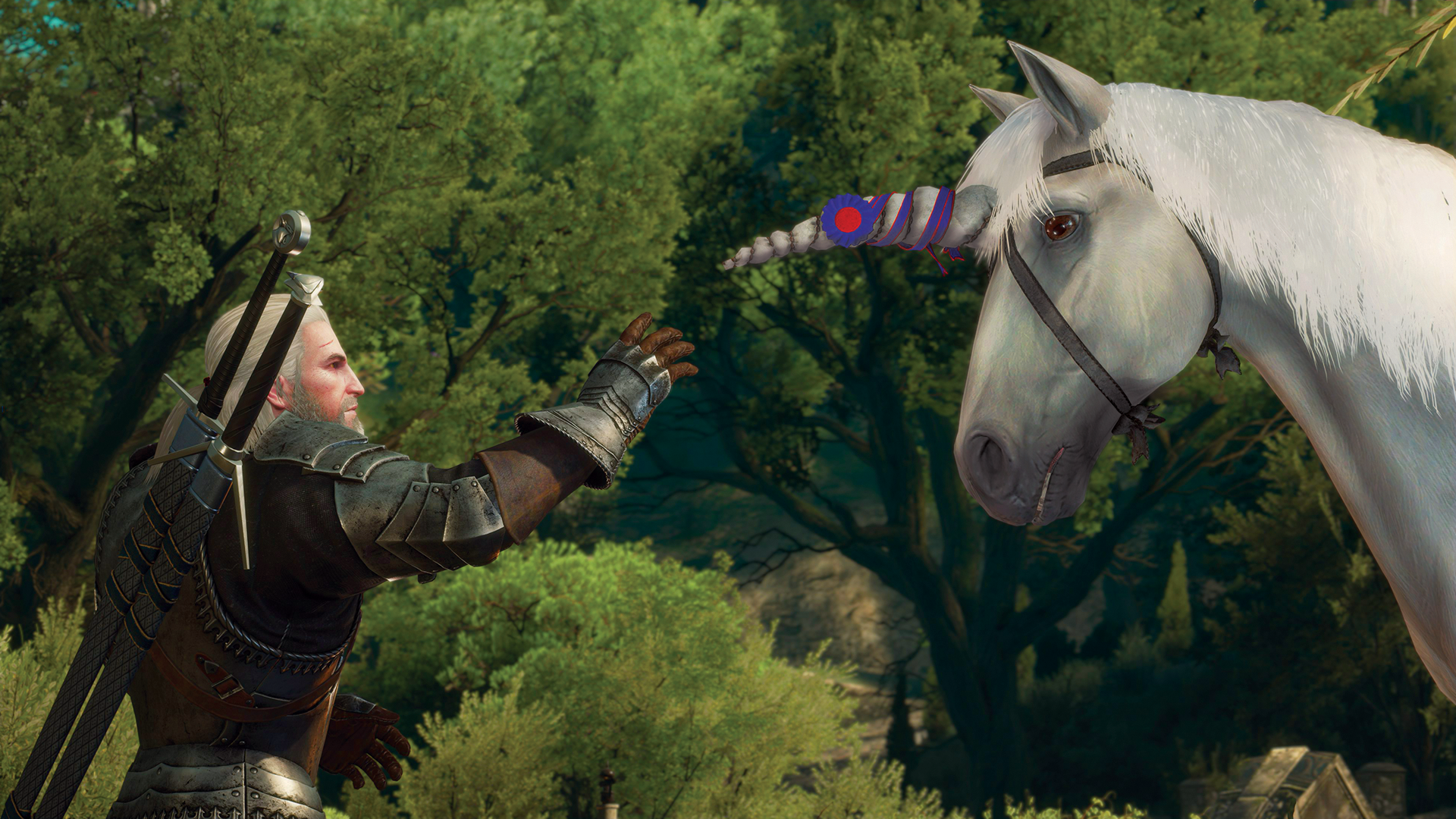
CD Projekt Red’s upcoming Witcher game, provisionally titled Project Sirius, seems to have hit a roadblock.
In a regulatory statement published March 20, the developers behind one of the best RPGs of all time announced their intention to write-off funds allocated for the project. Project Sirus is in development at The Molasses Flood studio, which CD Projekt Red acquired in October 2021.
The decision to write off 33.4 million Polish Zloty (roughly £6.25 million at the time of writing) resulted from an “evaluation of the scope and commercial potential of the original concept of Project Sirius”. In the regulatory announcement, CD Projekt Red made it clear that “ongoing work” was needed to “formula[te] a new framework for this project.” In short, this statement strongly suggests that Project Sirius has undergone something of a reboot.
Set in the Witcher universe, Project Sirius was initially supposed to differ from CD Projekt Red’s other titles by offering multiplayer gameplay in conjunction with a single-player campaign experience. The Molasses Flood, a smaller studio with experience crafting multiplayer titles like Drake Hollow, was to undertake this ambitious project. Though Project Sirius is still in development, as far as we know, it looks like CD Projekt Red may be pivoting the project in a new direction in the coming months.
Those anticipating the release of The Witcher 4 shouldn’t worry, however, since the sequel, codenamed Project Polaris appears unaffected by this announcement.
Pet projects

Project Sirius is one of five titles currently in development by CD Projekt Red or studios it has acquired. In addition to Sirius and Project Polaris, the much-anticipated sequel to The Witcher 3, projects Orion, Canis Majoris and Hadar are all in development.
CD Projekt Red is having to keep a lot of plates spinning at the moment
Orion will be a follow-up to Cyberpunk 2077 set in the Cyberpunk franchise, while Canis Majoris intends to be a “full-fledged Witcher game, separate to the new Witcher saga starting with Polaris” (via IGN). Project Hadar is the most mysterious of the five, and promises a game set in an “entirely distinct IP, created from scratch within CDPR.”
However you slice it, CD Projekt Red is having to keep a lot of plates spinning at the moment with this ambitious portfolio. Overseeing the development of five games simultaneously is a rather tall order, so it's no surprise that there might be the occasional hiccup.
Though this may be disappointing news for fans of The Witcher, it’s important to remember that game development is a long and delicate process. It’s much better to err on the side of caution to ensure that your game has a solid foundation instead of committing to a project that’s untenable in the long run. Though it’s disheartening in the short term, this kind of methodical, considered thinking from CD Projekt Red is likely to lead to better games in the future.





